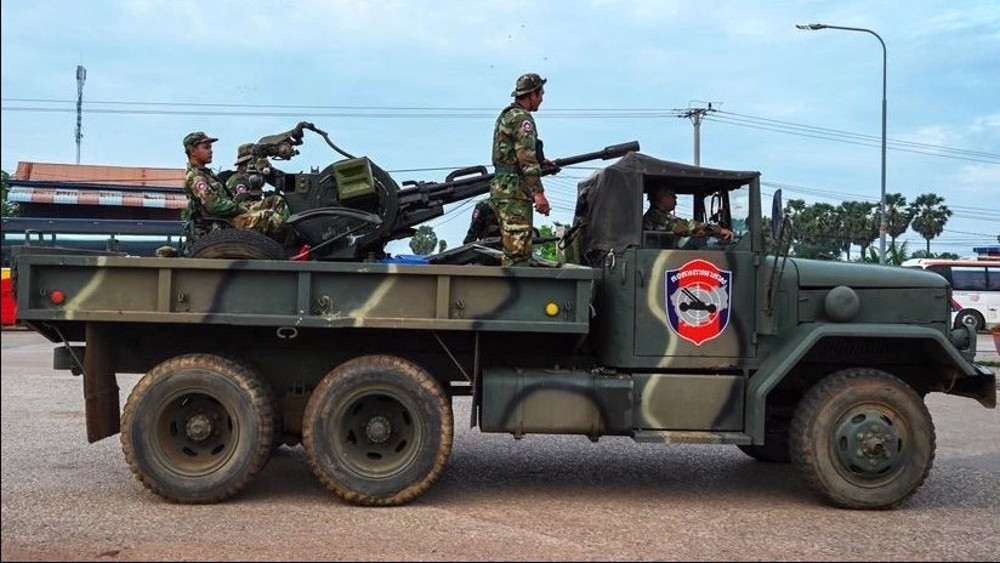World waking up to rights violations in Bahrain: Analyst
Press TV has conducted an interview with Colin Cavell, a former lecturer in the University of Bahrain from West Virginia, to ask for his insight on a letter by 33 states to the UN Human Rights Council, expressing concern over the Bahraini regime’s relentless human rights violations.
The following is a rough transcription of the interview.
Press TV: One of the rare occasions when the Bahraini regime ever comes under heavy criticism by a rights body, do you think the international community has done enough to address the issue of Bahrain’s rights record?
Cavell: No, the international community has not done enough, although this is a positive step by 33 countries on the UN Human Rights Council to condemn Bahrain, its regime, for its harassment, its imprisonment, its torture of individuals who are merely exercising their freedom of expression, their freedom of assembly, in other words, exercising their rights guaranteed by the Universal Declaration of Human Rights that all countries are bound to abide by.
Press TV: Why we’re seeing this silence by the international community regarding the regime’s repression in Bahrain?
Cavell: A lot of it has to do with US politics in the region. The United States has allied with Saudi Arabia and the other [Persian] Gulf monarchs, including Bahrain. And it is very problematic for the United States. On the one hand, the United States claims to support human rights. On the other hand, they’re supporting the most oppressive dictatorships in the world. Saudi Arabia is the lynchpin of these dictatorships. And the satrapies of Bahrain and Qatar and UAE and Kuwait etc, they’re all part of the cabal that has been directed by Saudi Arabia. The United States is in a bind. How can it promote human rights and democracy around the world, when we’re supporting these autocratic dictatorships, these unelected monarchs, where the people are trying to have just some basic democratic rights and instead they get thrown in prison, they get tortured, they get killed. So, this is a real problem. That’s why we have silence coming from the United States.
Press TV: It seems whenever the United States doesn’t actually throw its weight behind any country, it doesn’t get any media coverage, it doesn’t get any rights organization to protect the people. Who is going to protect the people of Bahrain?
Cavell: First and foremost the people of Bahrain are standing up for themselves. And they have been doing so for a number of years particularly since the eruption in 2011, demanding their democratic rights and freedom of expression and freedom of association and calls for election of a democratic government. But increasingly the world community is seeing what is going on in Bahrain and this is expressed today with these 33 countries, condemning Bahrain for its continued abuses of human rights. And I think the movement for shedding light on this dark corner of the world is going to continue to spread.
US federal immigration agents detain 5-year-old boy in Minnesota
Trump used presidency to pocket $1.4 billion in first year back in office: Report
EU divided over new Iran sanctions
China hits US with economic counteroffensive after Maduro’s abduction: Report
Ben-Gvir arms more Israeli settlers amid rising violence in West Bank
'Hands on trigger': IRGC warns US and Israel against any miscalculation
VIDEO | US and Israel’s failed terrorism
After Venezuela, Trump sets sight on Cuba for 'regime change': Report









 This makes it easy to access the Press TV website
This makes it easy to access the Press TV website